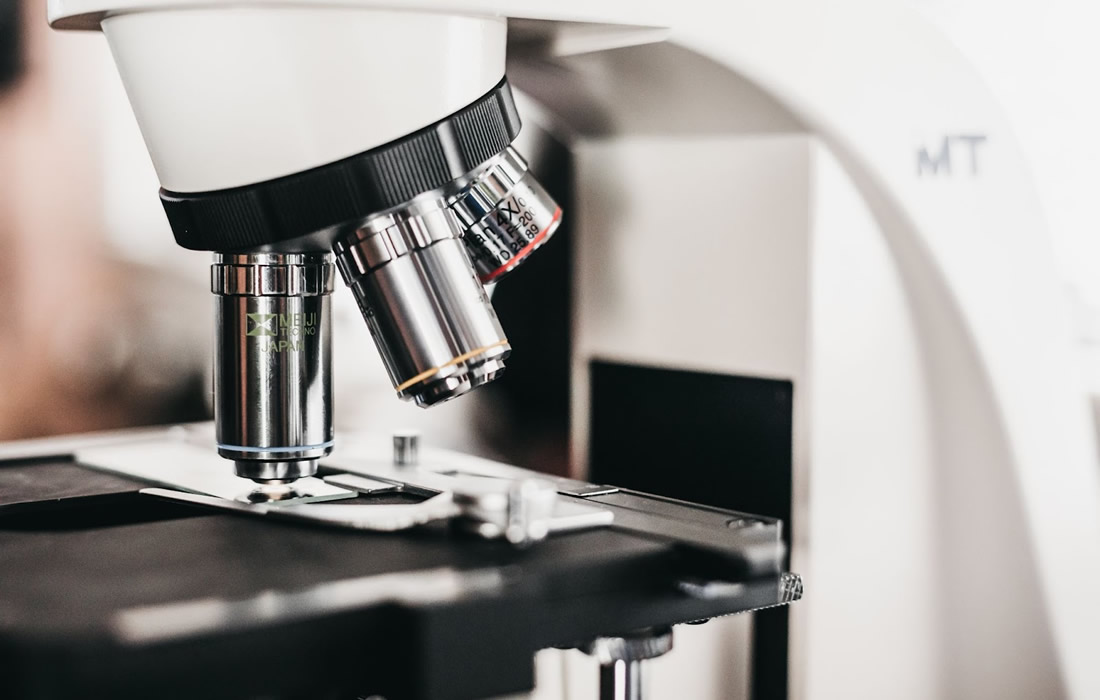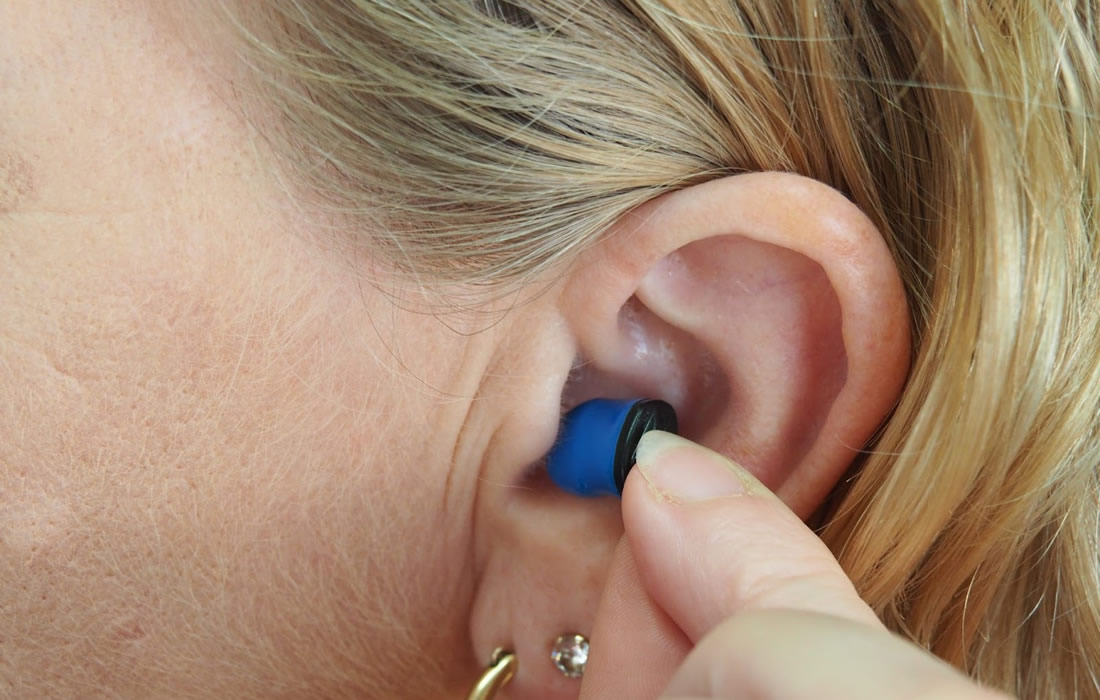A type of cell usually characterized as the brain’s support system appears to play an important role in obsessive-compulsive disorder-related behaviors, according to new UCLA Health research published recently in Nature. The new clue about the brain mechanisms behind OCD, a disorder that is incompletely understood, came as a surprise to researchers. They originally sought […]
Monthly Archives: April 2023
Medical advice for individuals with mild-to-moderate infections generally involves getting adequate rest and increasing fluid intake. Interestingly, a recent study published in the journal Brain, Behavior, and Immunity suggests that repeated inflammation caused by the administration of a bacterial toxin to middle-aged mice led to cognitive deficits. These cognitive deficits were also accompanied by changes […]
A new study from UCLA researchers finds sex-specific brain signals that appear to confirm that different drivers lead men and women to develop obesity. “We found differences in several of the brain’s networks associated with early life adversity, mental health quality, and the way sensory stimulation is experienced. The resulting brain signatures, based on multimodal […]
Prostate cancer is the second-leading cause of cancer death among men in the United States; about 33,330 men are expected to die of the disease this year. Most prostate cancers remain confined to the prostate and can be successfully managed by active surveillance or local therapy, with five-year survival rates above 99%. But once prostate […]
Recent research, spearheaded by a UCLA Health investigator, reveals that expectant mothers whose homes had higher concentrations of lithium in their tap water were at a slightly elevated risk of their children being diagnosed with autism spectrum disorder. The study, published in JAMA Pediatrics, suggests that naturally occurring lithium in drinking water could be a […]
New research study estimates associations of regional change in opioid prescribing with total suicide deaths and suicide overdose deaths involving opioids. The study, published this week in the American Journal of Psychiatry, comes as opioid-related overdoses have reached record highs. The author of the study, and professor of psychiatry and epidemiology at Columbia University, Dr. […]
Researchers at the University of Maryland School of Medicine have conducted a study that has determined the role that a critical protein plays in the development of hair cells. Hearing relies on the proper functioning of specialized cells within the inner ear called hair cells. Researchers have been focusing on describing the developmental steps that […]
Hair follicles are mini-organs from which new hair constantly grows. The basis for new hair growth is the proper function of hair follicle stem cells (HFSCs). HFSCs undergo cyclic symmetric and asymmetric cell divisions (SCDs and ACDs). SCDs generate two identical cells that go on to have the same fate, while ACDs generate a differentiating […]
Having high blood pressure in your 30s is associated with worse brain health around age 75, especially for men, according to a new UC Davis study. The research, published this week in JAMA Network Open, compared magnetic resonance imaging (MRI) brain scans of older adults who had high blood pressure between the ages of 30 […]
Lower temperatures have been known to increase longevity for over half a century, but the mechanisms underpinning this increased longevity have remained unclear. Now, scientists have unraveled a mechanism that underpins increased longevity in worms, and shown it to have an effect on human cells. Published in Nature Aging, a study by researchers based in […]










